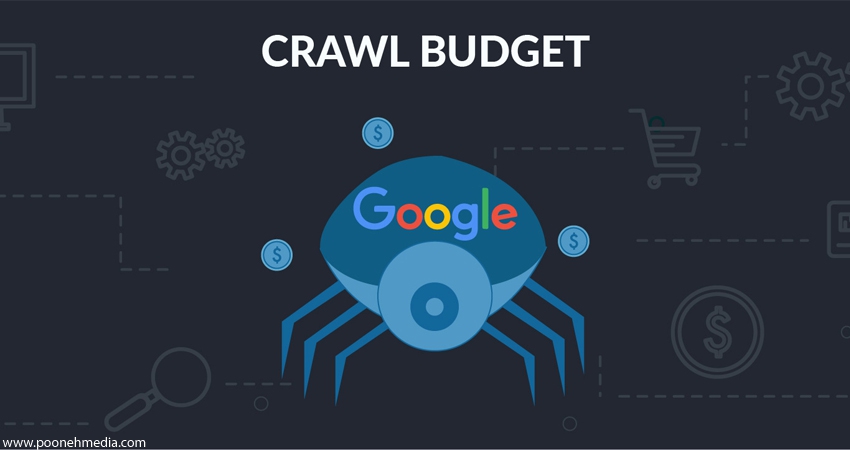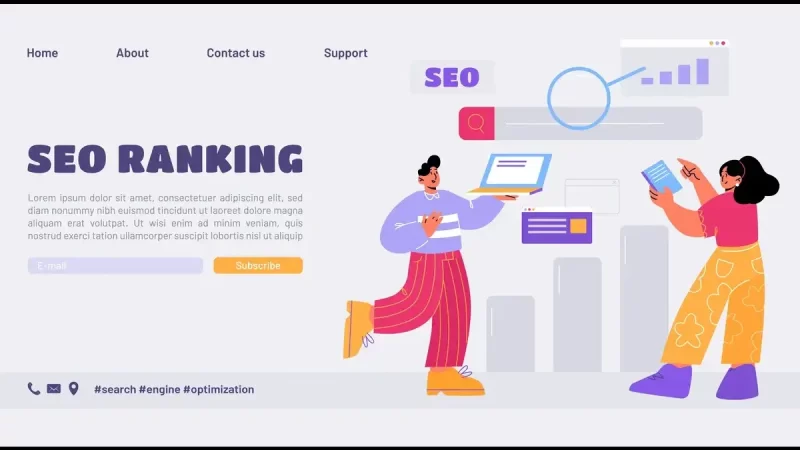If-Modified-Since Section Added in Google’s Crawl Budget Help Document

Recently, Google has added a new section to the crawl budget management help document. This section talks about the If-Modified-Since request header and is titled “Specify content changes with HTTP status codes.”
Furthermore, Google wrote, “Google generally supports the If-Modified-Since and If-None-Match HTTP request headers for crawling. Google’s crawlers don’t send the headers with all crawl attempts; it depends on the use case of the request (for example, AdsBot is more likely to set the If-Modified-Since and If-None-Match HTTP request headers).”
“If our crawlers send the If-Modified-Since header, the header’s value is the date and time the content was last crawled. Based on that value, the server may choose to return a 304 (Not Modified) HTTP status code with no response body, in which case Google will reuse the content version it crawled the last time. If the content is newer than the date specified by the crawler in the If-Modified-Since header, the server can return a 200 (OK) HTTP status code with the response body.”
“Independently of the request headers, you can send a 304 (Not Modified) HTTP status code and no response body for any Googlebot request if the content hasn’t changed since Googlebot last visited the URL. This will save your server processing time and resources, which may indirectly improve crawl efficiency.”
Now since Google is focussing more on the quality, this document is definitely going to help developers.







